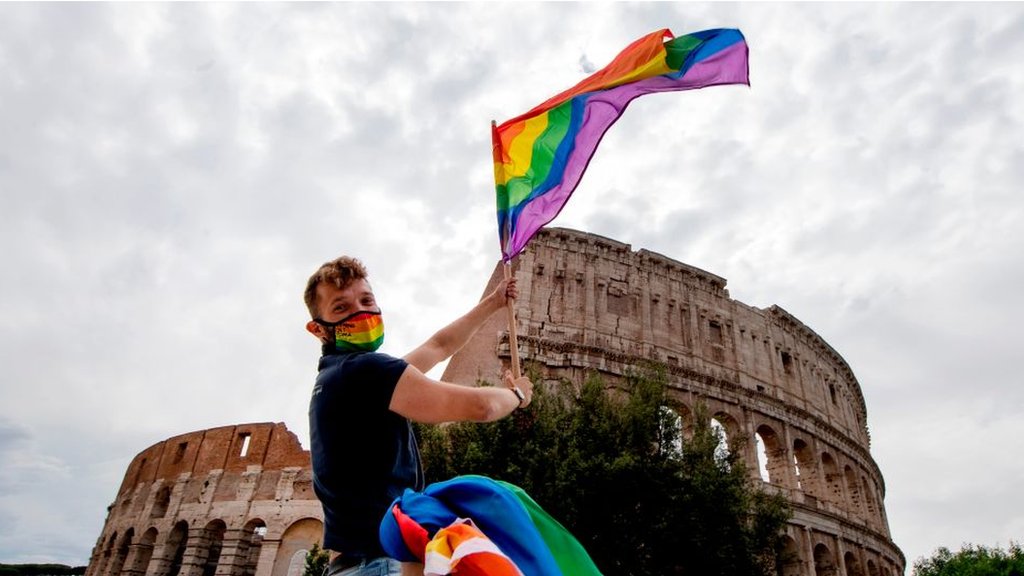A recent survey conducted by Italy’s national statistics bureau, ISTAT, and the state anti-discrimination office, UNAR, has shed light on the prevalent issue of workplace discrimination against the LGBT+ community. The survey, carried out in 2022 and involving 1,200 participants, revealed that 40% of LGBT+ individuals in Italy feel that they have been adversely affected by discrimination in their workplaces.
According to the findings, a significant 41.4% of respondents stated that their sexual orientation, particularly being homosexual or bisexual, had posed a disadvantage to their career progression, professional recognition, and even their salary. This trend was particularly noticeable among employees in the private sector, especially those on payroll.
The survey further highlighted the concerning fact that over 60% of LGBT+ workers prefer to remain silent about their personal lives at work, fearing the disclosure of their sexual orientation. This practice serves as a coping mechanism to avoid potential discrimination and prejudice in the workplace.
The issue of LGBT+ rights and gender equality in Italy has become increasingly sensitive in recent months, especially following the rise of the right-wing Prime Minister, Giorgia Meloni. Since assuming office, Meloni has openly declared her intention to confront what she refers to as the “LGBT lobby.” This contentious stance has led to mayors being instructed not to register the children of same-sex parents and a proposed bill in parliament targeting gay couples who seek surrogacy abroad.
These findings serve as a stark reminder of the challenges faced by the LGBT+ community in Italy’s workforce. The survey results call for greater attention to be paid to combatting discrimination and promoting inclusivity within workplaces across the country. It is crucial to create an environment where individuals can be open about their sexual orientation without fear of negative repercussions on their careers and personal lives.
As the conversation surrounding LGBT+ rights continues, it is imperative for society to strive toward a more inclusive and accepting future, where every individual is afforded equal opportunities and treatment, irrespective of their sexual orientation or gender identity.

